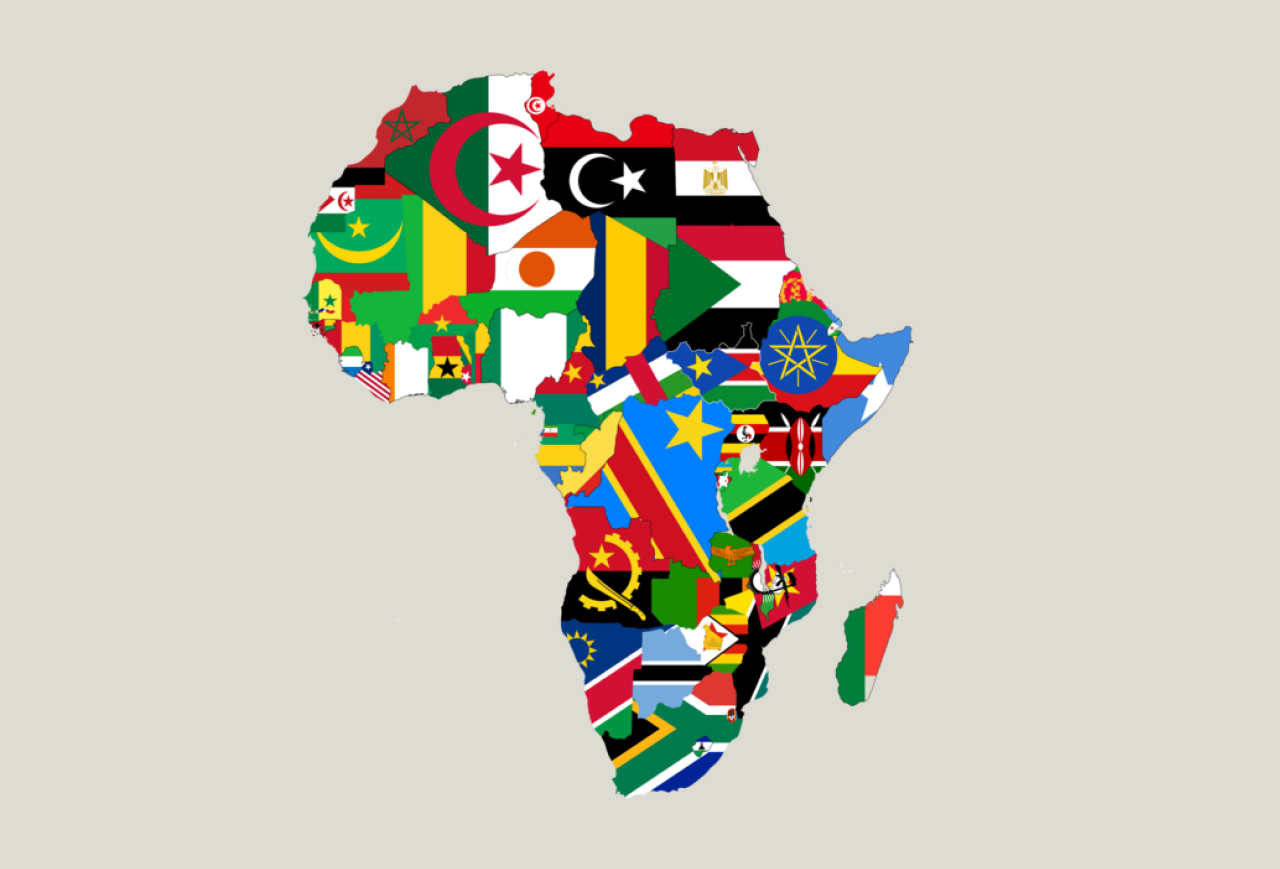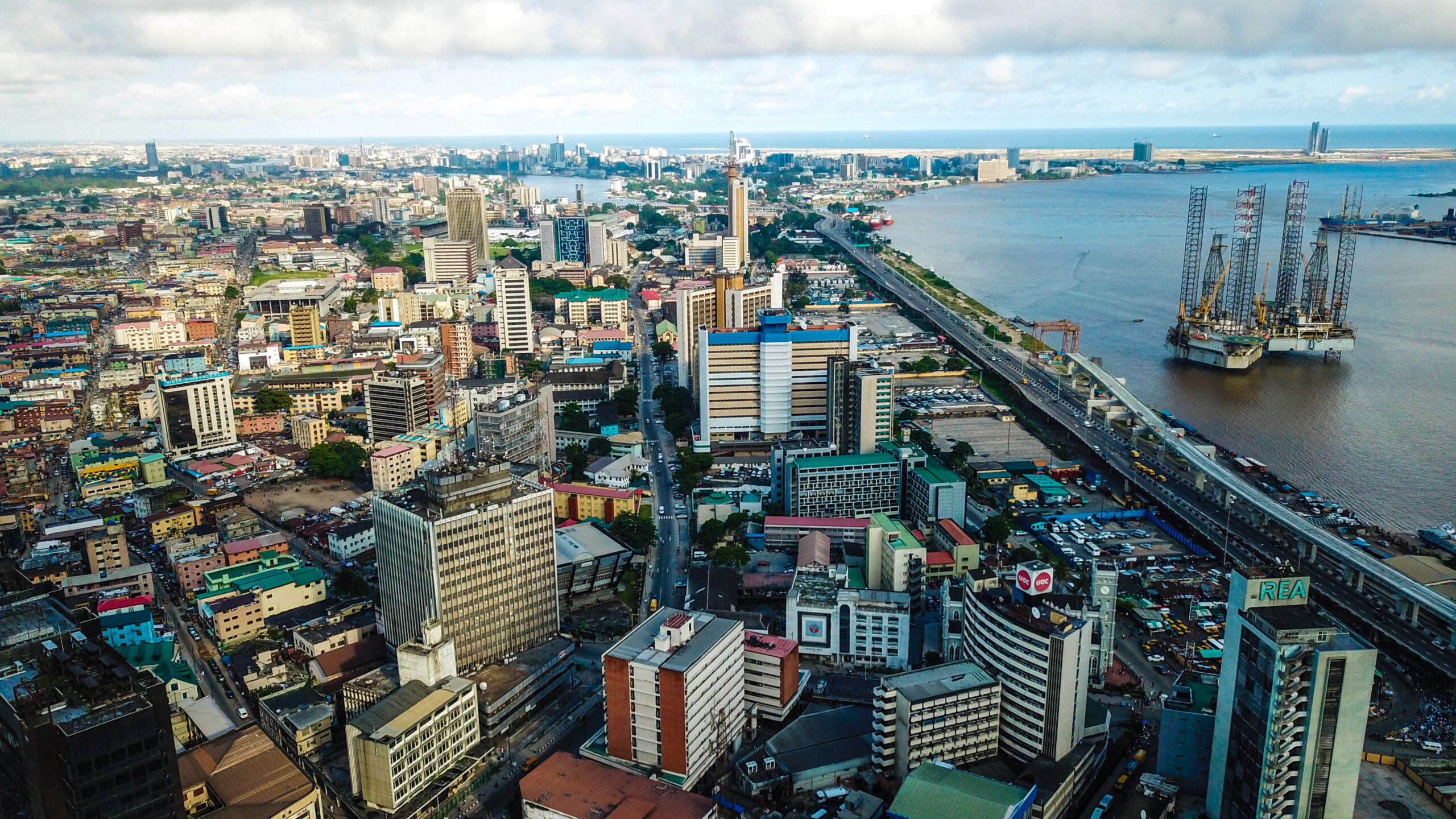This is the third of a three part essay by Mulugeta Gebrehiwot Berhe, describing how the war that began in 2020 has fundamentally altered life in Tigrayan capital city, Mekelle. Follow the links for Part 1 & Part 2.
You will find a quiet city
One can’t escape without saying few words about how much Mekelle is quiet and tranquil. Despite the fear from state violence and fears from sabotages of their associates the city doesn’t look like it is accommodating over a million people now including the over 300,000 displaced Tigraians from Northwestern, Western and some parts of Eastern Tigrai, who are still waiting to return to their homes. The city is peaceful with the exception of fear from the violence of the state and its collaborators—the immediate fear being air raids and enemy infiltration for sabotage focused to terrorize the population.
Let me share you the conversation I had with one West African gentleman working for a humanitarian organization in Mekelle, as I thought it puts the situation in a comparative perspective. The chat began when I shared a table with the man while waiting for a friend in a hotel lobby. After introducing myself, I asked him when he arrived to Mekelle and how he found life in Mekelle under the siege. He informed me that he came to Mekelle two months before the TDF marched into Mekelle and began talking about the sudden changes of the routines of himself and his colleagues once the city was controlled by TDF.
During the previous two months, the man said, we had to be inside our hotel premises as of 4:00 pm as there was a curfew which began as of 6:00 pm in the evening. As we were talking, we were sitting at the verandah of the hotel and it was 8:00 pm in the evening. He remembers that they have never sat at the verandah during those two months as they were advised by the security and the hotel administration to stay inside for security reasons. The city was full of soldiers including red-hatted special forces and members of the federal police.
He began narrating the violent incidents he heard of during those days. He particularly remembered the tough life of women and girls during the occupation. Street violence over and above the horrendous stories of rape and sexual violence by the security forces had turned the life of women and girls into hell during those times. He mentioned several incidents where women and girls were robbed of their purses, necklaces, cellphones, and other valuables in broad daylight.
His surprise was that he had never seen nor heard of a single incident of violence against women and girls since government forces left Mekelle despite the fact that he had not seen any uniformed police during this entire time. He asked me on how a city with a population size of not less than 700,000 could be this tranquil and peaceful in the absence of functioning police stations and uniformed police on the street.
I shared with him my hypothesis on why it happened so. The outrage of the people because of the atrocities is total, and its determination and mobilization to end the crisis is complete. I thought that this absolute outrage and comprehensive mobilization have created a complete consensus among people from all walks of life that even subdued the acts of street gangsters and pickpockets.
But this triggered my curiosity on whether the crime rate has actually gone down that much, and this led my feet to the office of those responsible to the security of one of the sub-cities (Kedamay Woyane sub-city). Here are my findings.
Prior to the war Mekelle city administration was organized under seven sub-cities. Each of these had a full police station with 40-45 uniformed police. Furthermore, there were over 30 community police stations each having a minimum of two police officers. This structure brings the total number of uniformed police in the city to be over 350. This number doesn’t include the one battalion of the regional special police which was posted around Mekelle.
Currently, there is no single uniformed police officer on the streets of Mekelle. The only thing you see during day time is women and girls stopping cars and checking for the IDs of passengers and pedestrians passing through their streets and at evenings you see groups of people, mostly carrying clubs moving around their communities checking for any outside intruder to their areas.
At the Kebelle (neighborhood) level there is a seven-member committee that runs the whole affairs of the Kebelle administration. These were recently elected by the communities. While two of the seven members are responsible for community policing and community security the other members look into issues like youth mobilization, resource mobilization for the war including the preparation and positioning of logistics support to the army. Kebelle social justice committees, kebele elected elders to deal with misdemeanor crimes and minor civil cases, have been reinstated and the weight of the civil cases they deal with and the type of crimes they cover for their jurisdiction has recently been revised to enable them deal with most of criminal and civil cases within the communities.
I checked for the data of crimes for the sub-city of Kedamay Woyane for the month of May 2021, the eighth month of the provisional administration set by the federal government and a month before the complete withdrawal of the ENDF from Mekelle. The total number of crimes prosecuted in the sub-city (which brings several Kebelles together) during May were 506 out of which 20.7% were theft. The sub-city, after being reorganized, began effectively working during the month of July. The total number of crimes prosecuted for the first three months (July, August, September) in the sub-city were 147 cases or an average of 50 cases per month—one tenth of the level in May. The majority of these cases were misdemeanor cases of theft, totaling 56 crime cases prosecuted or 38% of total. My visit to the sub-city and the data I got from the office confirmed my general view on the peace and tranquility of the city.
The essence of Mekelle was not and will never be its material conditions but its spirit of love, equality, and integrity that persevered atrocities of a similar nature. Mekelle has sent its doctors, nurses, teachers of all levels (primary, secondary, tertiary education), artists of all sorts, small business owners etc. to join their compatriots from all corners of Tigrai to finish the war for survival. Mekelle is waiting for the victorious return of its children with hope, while also feeling the pain of war casualties.
Mekelle is hopeful that it will never remain Beshasha but spring forwards towards reconstruction and development even faster than in the past. But one thing is sure, much will change in Mekelle. Some of its young sons and daughters will not return as they have paid their lives for the cause they fought. Some others will return with disabilities, a constant reminder of the suffering the people. And all its kids will return traumatized as a result of what they witnessed throughout the year. The suffering of their mothers, sisters, and daughters by the occupiers with their sub-human behavior and the level of war casualties they witnessed in the war will never be removed from their memories.
Mekelle is a city of quiet. It is a city of muted determination, of silent suffering, of total solidarity with those who are risking their lives and bodies to end the war fought against the people. The youth of Tigrai have paid an unimaginably high price for the war over the last year. They are now fully mobilized to ensure that after the war there will be a democratic and developed Tigrai. It will be for the political leaders to open their gates so that the politics of Tigrai is owned by the people of Tigrai. Mekelle may be a slow and sleepy town today, but change is coming tomorrow.


